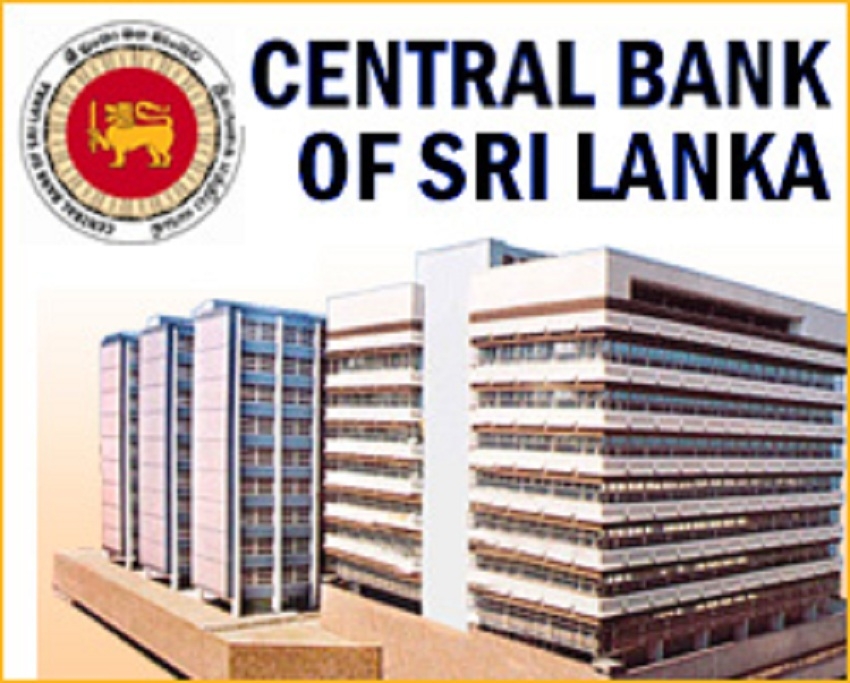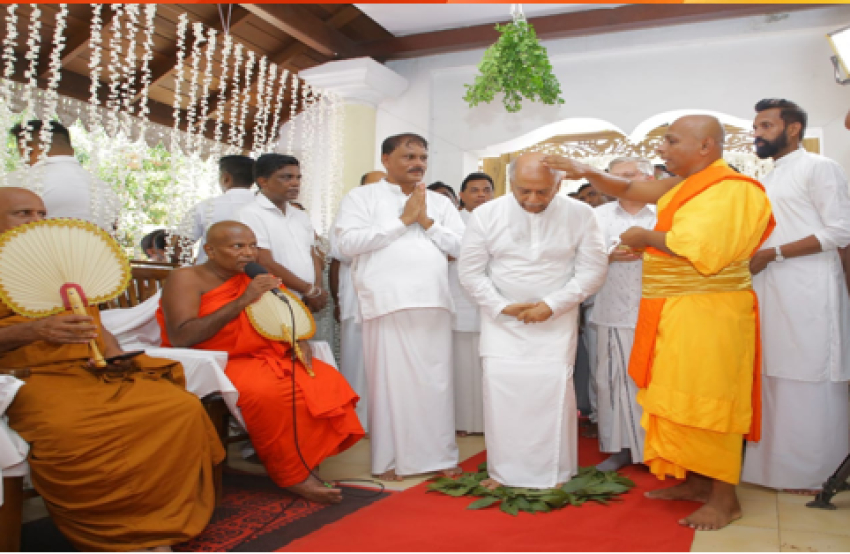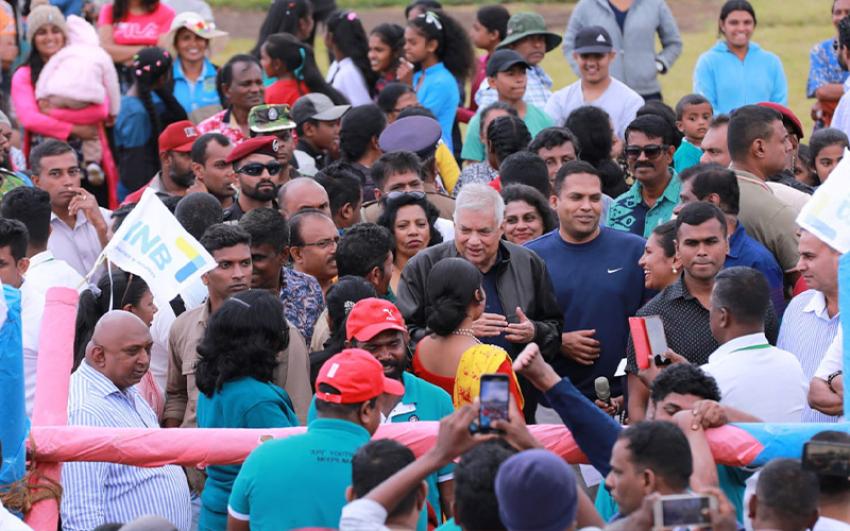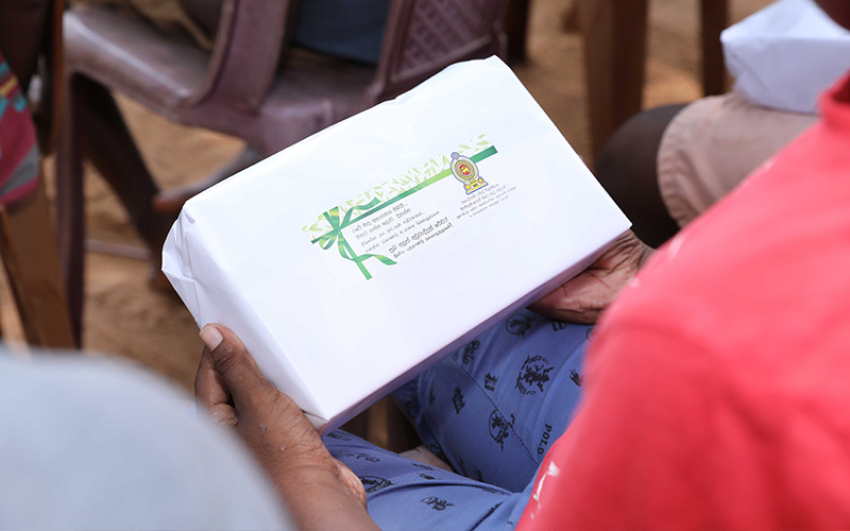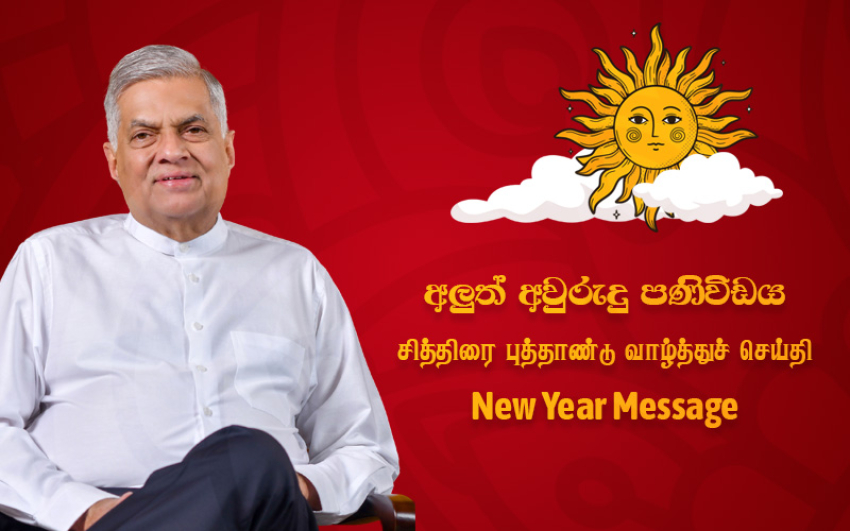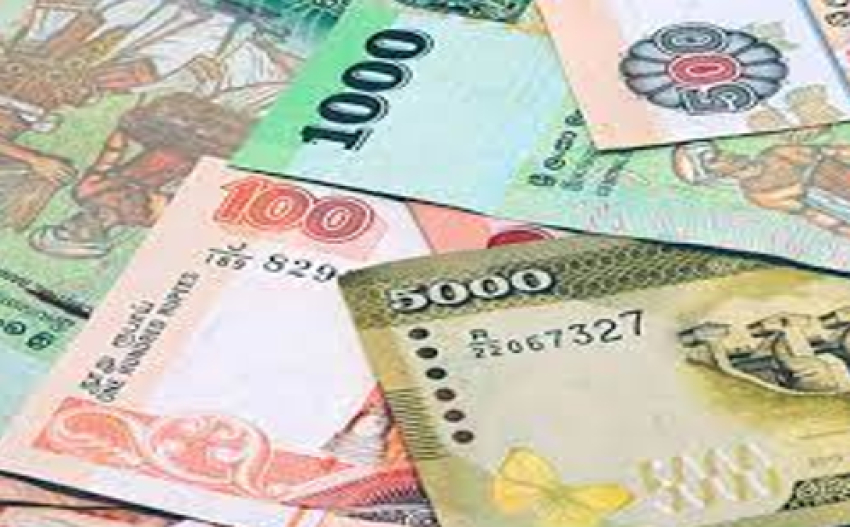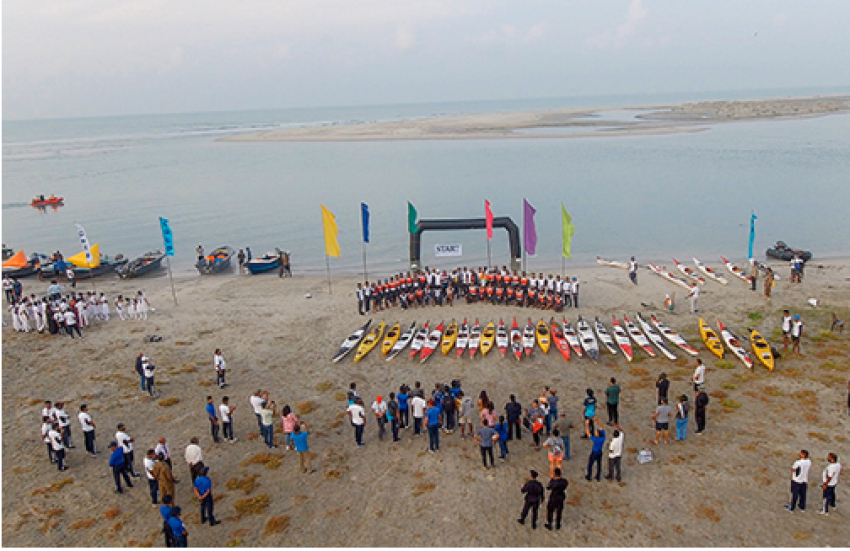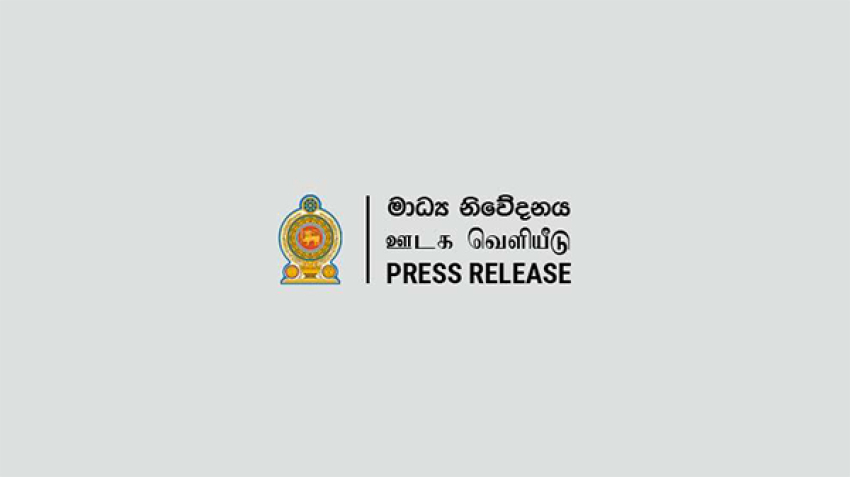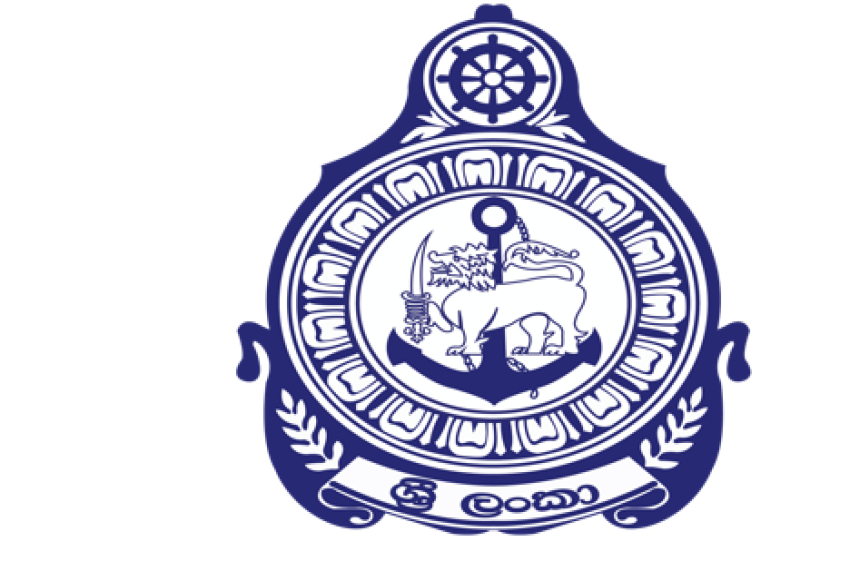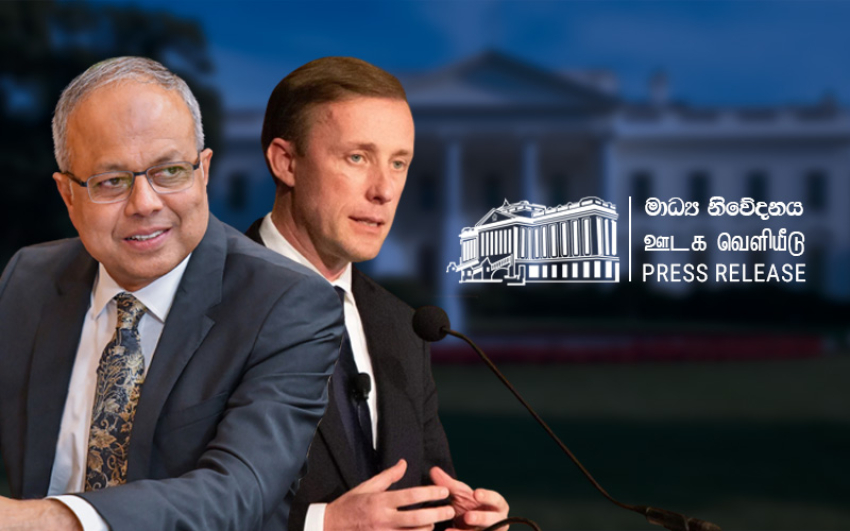“Beyond 2020 with necessary reforms, annual growth is expected to accelerate to over 6.5 percent while inflation will be managed between 4 to 6 percent.”Sri Lanka has sharply cut taxes to reduce the burden of the state on the people, and has said spending will be curtailed in an almost classical liberal policy of ‘state austerity’.Income taxes have been cut to a maximum of 18 percent in the style of a flat or proportionate tax demanded by Western libertarians.
The last administration changed a 16 percent proportionate tax to a socialist style progressive tax of up to 24 percent.However concerns remain over how spending will be managed in the first few months of 2020 as private credit recovers and whether monetary stability can be maintained.The central bank has held rates at 8.00 and 7.00 percent.
The text of the speech is as follows:
A privilege – an honour to have been appointed to the esteemed and celebrated position of great consequence, coming as the 15th in the wake of a long succession of great men who decorated this position over the last 69 years. This succession of Governors started indeed from John Exeter, the author of the Monetary Law Act of 1949, the enabling legislation of the Central Bank and Sri Lanka’s pioneer Central Bank head. The Central Bank was established, replacing its predecessor, the Currency Board System, in the 1950s, with the objective of adding to the country’s regained sovereignty, the independent decision making authority in monetary and financial affairs. It is now an institution carrying a great deal of prestige, respect and credibility, having managed the monetary affairs of Sri Lanka with responsibility for six decades. I am committed to sustain and add to this institutional greatness. I hope to do my best to uphold the great traditions of the Central Bank built up over nearly seven decades. I must make particular reference to my immediate predecessor, Dr. Indrajith Coomaraswamy, who has contributed a great deal to re-establish the Bank’s respect within our socio-
economic system in general and the country’s financial community in particular. His contribution to firmly establish procedures and
practices in Central Bank governance is acknowledged to be extremely helpful and facilitating for his immediate successor.
B) Let me express my thanks and gratitude to His Excellency the President, Hon. Prime Minister and the Secretary to HE the President mfor selecting and appointing me to this highly responsible and exalted position. As expected of me, I will make every effort to safeguard its reputation and prestige and to fulfil the confidence
placed on me by appointing authorities.
C) My work experience has so far been academic. Studied and taught central banking as part of courses in economics and development studies both at undergraduate and graduate levels. I am therefore familiar with central banking theory and practice as academic disciplines. I am also familiar with the historical debates covering the role of central banking and how different schools of thought viewed that role. This is however, the first time I am trying my hand as a practical central banker. I very much look forward to learn frommy colleagues withiin the Bank, while working and hope, will also be
able to,in the process, make my own contribution to Sri Lankancentral banking. The Bank’s large pool of competent, committed andhighly trained human resources, I am sure, will provide me therequired support in carrying out the functions of my office as thehead of the apex financial authority in the country.
D) The objectives of the Central Bank as specified in the MLA in 1949:1. The stabilisation of domestic monetary values (maintenance ofprice stability).
2. The preservation of the par value or the stability of the exchangerate of the Sri Lankan Rupee (maintenance of exchange rate stability).
3. The promotion and maintenance of a high level of production,employment and real income in Sri Lanka.
4. The encouragement and promotion of the full development of theproductive resources of Sri Lanka
However, in keeping with (i) the worldwide trends in central banking and (ii) the rapid changes in international financial markets, the Central Bank embarked on a modernisation programme in 2000. Objectives were adjusted accordingly, bringing them down to twocore objectives reflecting the abandonment of the real economy
objectives 3 and 4 in the MLA of 1949:
1. The maintaining of economic and price stability
2. The maintaining of financial system stability
E) These statutory objectives show that the Central Bank has animportant stabilization role as well as a facilitation role in the economy. The country has been struggling with below 5 per cent growth for several years, and growth has now slowed down to below
3 per cent. Although inflation has been contained from the demand side, weather related food price volatility and pendence on imported commodities constantly threaten cost of living. Statisticson unemployment appear acceptable, but they hide issues such as underemployment, low labour force participation, high unemployment amongst educated youth, an ageing labour force, and low productivity, and these need to be addressed if the government is to realise its goal of eliminating poverty through effective utilization of labour resources.
F) In the external sector, sluggish export performance, large trade deficits, persistent current account deficits, dependence on debt minflows in the absence of alternative levels of FDI inflows, as well as high foreign financing needs are major concerns. In addition, we need to be watchful of developments in the global economy and financial markets as well. In this context, we hope to engage with the IMF, and other multilateral agencies while remaining within the
framework of national policy to ensure that the country reverts to a
sustainable path of reserve accumulation a prerequisite for
exchange rate stability as well.
G) The government is aware of the need for fiscal consolidation and in addressing longstanding issues in the fiscal sector while supporting the revival of the economy.
H) In the monetary sector, we have seen credit flows coming to virtually a standstill. Monetary and regulatory measures taken so far, as well as the measures that are being contemplated by the government, including the moratorium on capital repayments of bank loans by SMEs, supported by improving business confidence will result in an acceleration of credit flows in the period ahead. This will also help address the increased NPL ratios of the financial sector.
I) With the revival of economic activity, we expect economic growth to accelerate to around 4-4.5% and inflation to remain below 4% in 2020. Beyond 2020, with necessary reforms, annual growth is expected to accelerate to over 6.5% while inflation will be managed between 4-6%.
J) In the present context of subdued growth and development,continuing prevalence of poverty pockets despite poverty alleviation policies of over several decades in the past, and prevalence of unemployment and under-employment at worrying levels, the fiscal and monetary authorities and decision makers in different real sectors of the economy are confronted with the challenge of searching and identifying alternative policy sets of greater efficacy
than the neo-liberal policy set. I hope to be able to make my contribution in this search for alternatives, together with the other authorities. The monetary policy announcements made today, we hope, will be of positive impact, helping and supporting the various measures announced from time to time by fiscal and other authorities.
K) It is in this overall context that the Monetary Board decided to maintain its accommodative policy stance unchanged at yesterday’s meeting. We hope to be proactive and the Central Bank will assess the developments in the market and the economy closely, and take appropriate action as necessary to maintain economic and price stability as well as financial system stability, which is our mandated objective, within the overall policy framework of the government.
L) This is a time of important changes in Sri Lankan development policy and practice. Questions are being raised extensively about the validity and relevance of Washington Consensus type or neoliberal type policies to achieve the desired goals of inclusive, sustainable and shared development. This questioning may also apply to Central Banking nowadays. I am extremely excited about the opportunity I have gained at a time like this to make my active contribution to Sri Lanka’s search for an alternative policy approach to achieve the agency however is printing money at around 7.50 percent to generate excess liquidity at the moment.
desired development objectives.
M)Let me also recognize the important role of mass media in educatithe public, and improving economic and financial literacy. Media has performed the vital role of questioning the governments and the Central Bank’s actions in the economy and the financial market, and we hope media will continue to play the role of a balanced intermediary between the government and the general public, which will help us achieve the ultimate goal of improved social welfare through appropriate policy measures.

